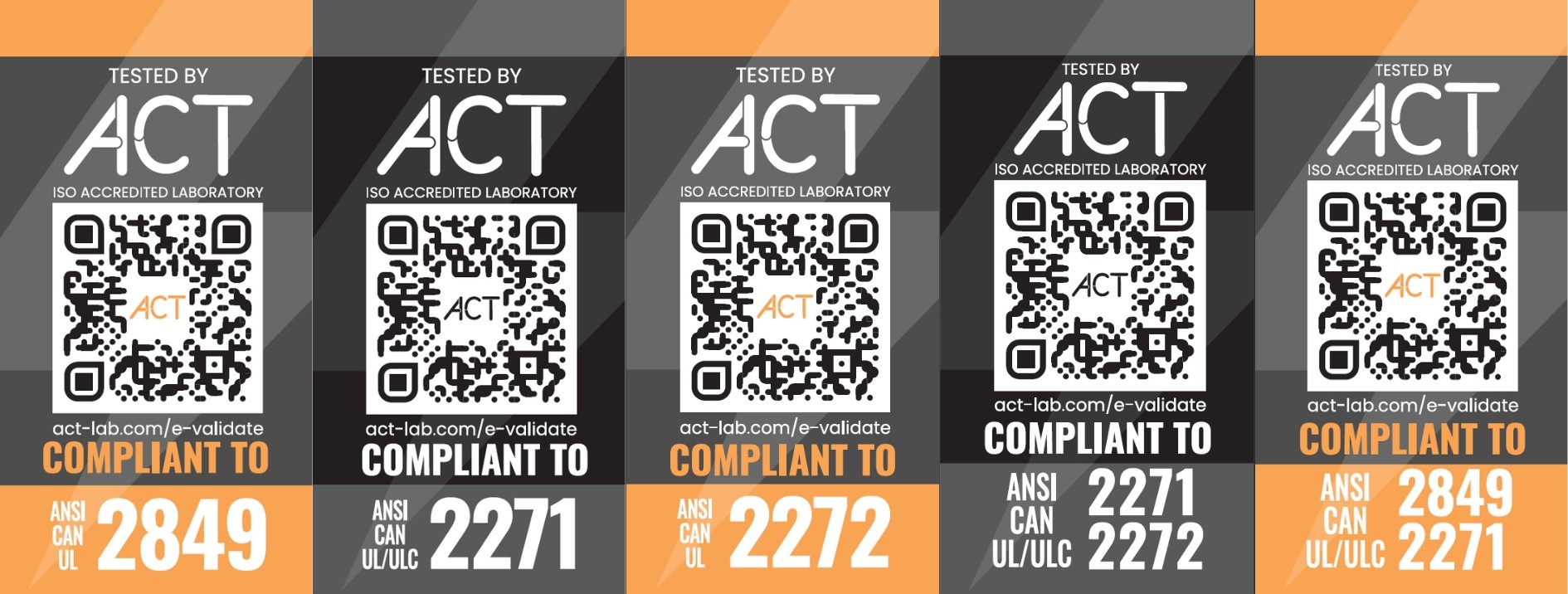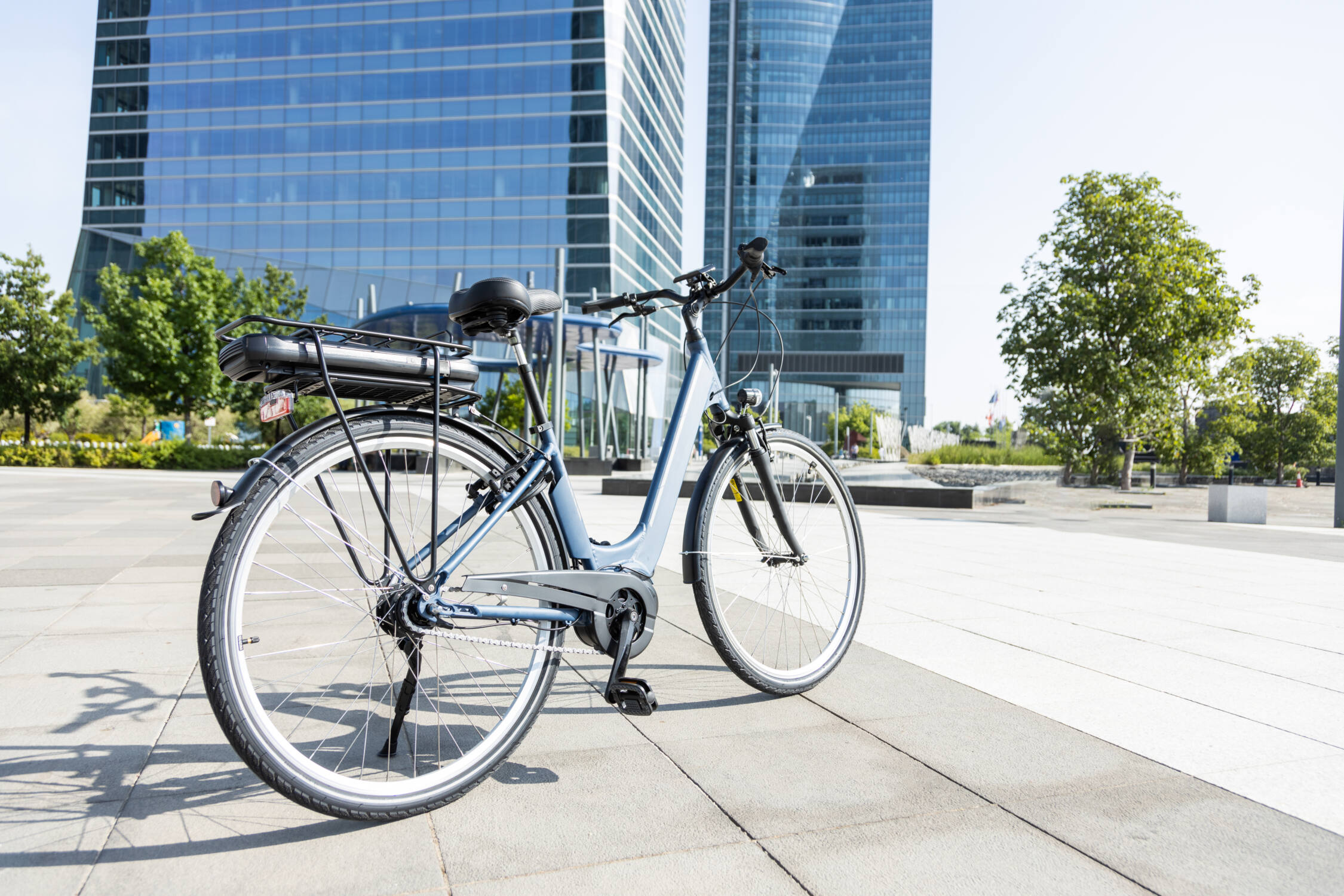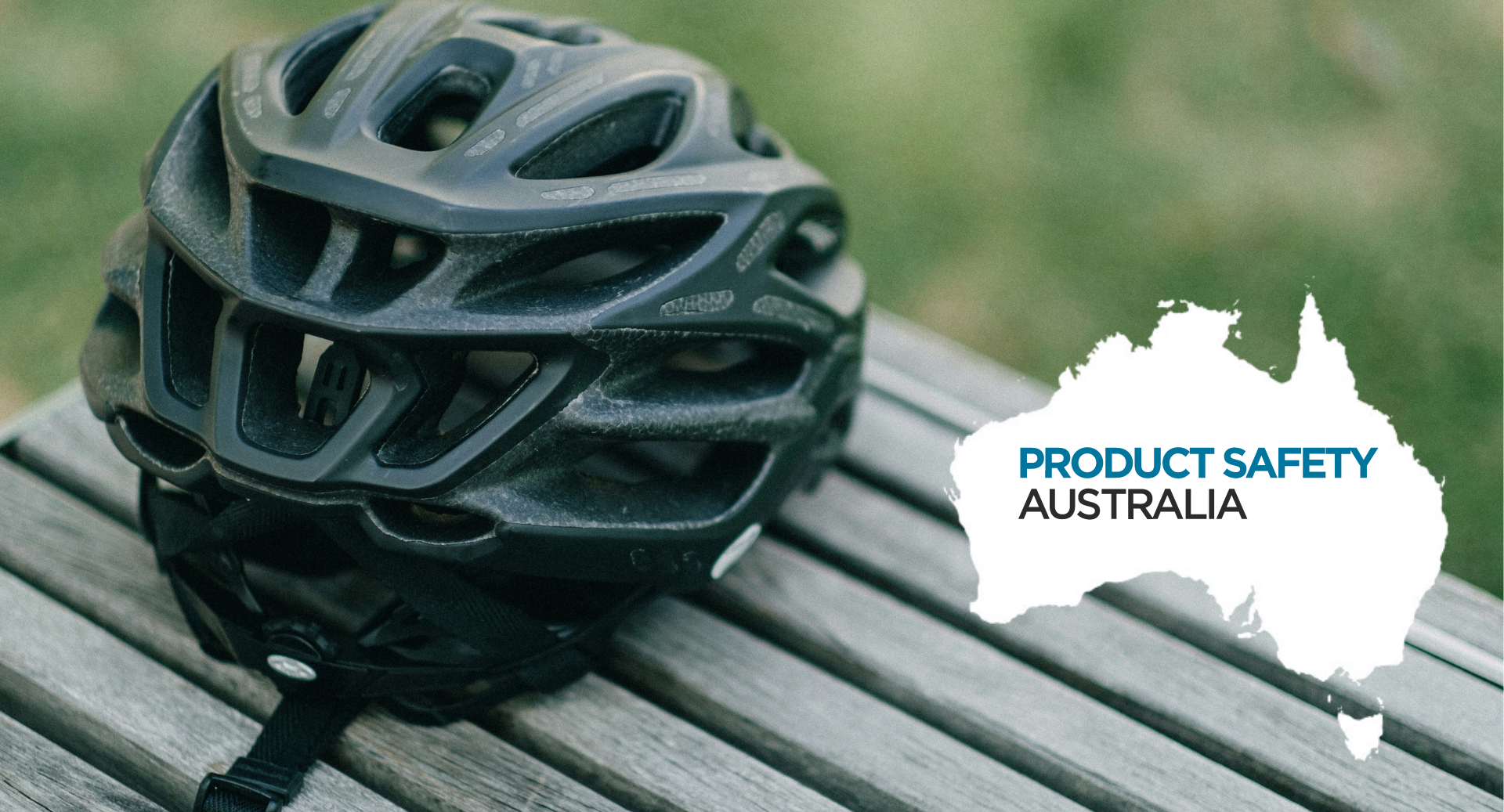
E-mobility products play a crucial role in reducing the environmental impact of transportation and promoting a more sustainable and clean mobility future. The adoption of these products is often driven by environmental concerns, government incentives, and advancements in technology. This underscores the critical role of third-party testing, a vital component in the distribution of mobility products that helps trust between manufacturers and consumers. This article emphasize the role of third-party testing across various segments of the mobility industry
Ready to make your mark on the mobility industry? Submit a test to ACT LAB today to learn more about our 3rd-party testing services.
E-Bikes
E-bikes offer an eco-friendly and efficient mode of transportation, enabling riders to travel longer distances and with ease. E-Bikes are gaining popularity worldwide for their convenience and sustainability. To ensure the safety and performance of e-bikes, they are subject to rigorous testing standards, including UL 2849 and UL 2271. UL 2849 covers the electrical systems and safety requirements of e-bikes, evaluating aspects such as electrical components, battery safety, and electromagnetic compatibility. On the other hand, UL 2271 specifically focuses on the safety of lithium-ion batteries used in e-bikes, verifying their resilience to impact, crush, and various environmental conditions. Compliance with these standards is crucial in guaranteeing that e-bikes meet the highest safety and quality benchmarks, instilling confidence in both manufacturers and consumers as they embrace this innovative and sustainable mode of transportation.
E-Scooters
An electric scooter, often referred to as an e-scooter, is a compact, motorized vehicle designed for short-distance urban transportation. E-scooters are propelled by an electric motor and powered by a rechargeable battery, making them an eco-friendly alternative to traditional gasoline-powered scooters or cars. They have gained popularity for their convenience and ease of use, particularly in crowded cities and for short commutes. Ensuring the safety and reliability of e-scooters is important, and this is achieved through adherence to testing standards like UL 2272. UL 2272 is a set of safety standards that specifically addresses the electrical and fire safety of self-balancing scooters, which includes e-scooters. This standard evaluates the electrical components, battery systems, and charging mechanisms, ensuring they meet strict safety requirements to prevent issues like overheating, short circuits, and battery-related hazards. Compliance with UL 2272 standards is crucial for e-scooter manufacturers to demonstrate the safety and reliability of their products, reassuring riders and regulatory authorities that e-scooters are a safe and sustainable mode of urban transportation.
Light Electric Vehicles (LEV)
Light electric vehicle (LEV) is a category of electric transportation that includes a wide range of small and lightweight vehicles powered by electric motors and batteries. LEVs are designed for personal mobility and short-distance transportation in urban and suburban environments. They encompass various types of electric vehicles, such as electric bicycles (e-bikes), electric scooters (e-scooters), electric skateboards, and electric mopeds, among others. LEVs are known for their eco-friendliness, energy efficiency, and suitability for reducing traffic congestion and emissions in urban areas. They provide a convenient and sustainable alternative to traditional gasoline-powered vehicles for short commutes, errands, and leisure activities, contributing to the growing movement toward cleaner and more accessible urban transportation solutions.
Hoverboards
Hoverboard, often referred to as a self-balancing scooter or self-balancing electric board, is a compact personal transportation device equipped with two motorized wheels and a platform for the rider to stand on. These electric devices are controlled by shifts in the rider’s body weight and can move forward, backward, and turn in response to the rider’s movements. Hoverboards gained popularity for their fun and futuristic mode of transportation, making them a favorite among kids and tech enthusiasts. To ensure the safety and reliability of hoverboards, they are tested against stringent standards such as UL 2271.
UL 2271 is a safety standard that specifically addresses the electrical and fire safety of batteries and battery systems used in personal e-mobility devices, including hoverboards. This standard evaluates the battery’s resilience to impact, crush, and various environmental conditions to prevent issues like overheating, short circuits, and fire hazards, ultimately assuring users that hoverboards are a safe and enjoyable means of personal mobility.

e-Validate Directory
ACT Lab’s e-Validate directory, an online tool that instantly verifies if your electric bicycle and lithium – ion batteries meet specific UL safety standards. This ensures your products are safe and compliant with micromobility safety standards like ANSI/CAN/UL – 2849, ANSI/CAN/UL – 2272 and ANSI/CAN/UL/ULC – 2271. Once your product is compliant, ACT Lab will provide you with a QR code to put on your items for easy verification, along with a certificate of conformity. Your products will also be listed on our e-Validate directory.
About ACT-LAB
ACT-LAB is an ISO/IEC 17025 accredited laboratory that conducts consumer product safety and compliance testing for an active world. We can help ensure that your products both meet industry standards and are inspected to ensure the utmost quality.
To learn more about our tests contact us today.
Read more about our accreditations here.
 ISO/IEC 17025 Accredited Independent Testing Laboratory
ISO/IEC 17025 Accredited Independent Testing Laboratory








